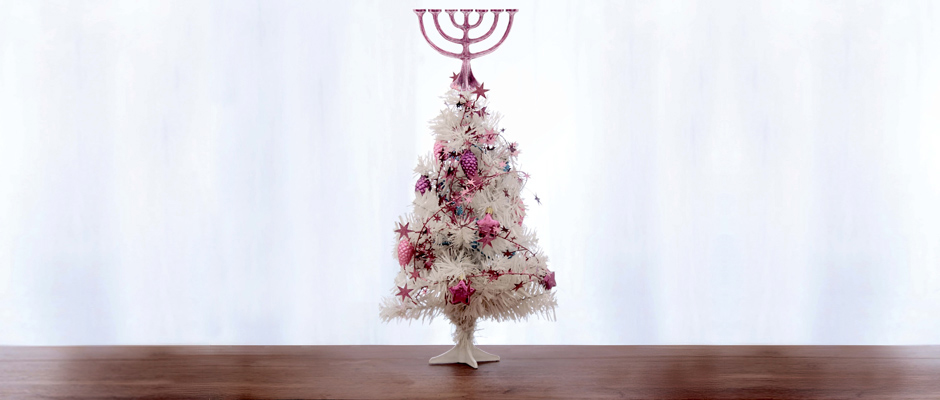An tragically funny examination of Jewish laws of purity, from kosher food, ritualistic body hygiene and sex by the rules to the Jewish identity, itself “not quite kosher”, as well as the family history of the filmmaker Ruth Olshan herself. A journey to the author’s past in Eastern Europe and Jewish life in present-day Germany.
“Kosher”, in a figurative sense, means “pure”. And in the Jewish kitchen, everything that is pure is certified as such by the kosher certificate of purity. In “Being Kosher”, Ruth Olshan applies this Jewish tradition of verifying the purity of things to her own Jewish family history. The director’s ancestors crisscrossed Europe and changed religions as they went: The great-grandmother converted to Catholicism out of fear of the pogroms, her mother married a Jew and emigrated with him to Israel. The director herself was baptized in secret by her grandmother before immigrating to Germany, where she first attended a Jewish kindergarten, then a Catholic school, and now celebrates the Sabbath at her grandma’s house and sings Christmas songs during the Advent season.
In order to solve this identity puzzle, Ruth Olshan interviews not only her own mother, but also Rabbis, scholars and other Jewish families about their observance of the 613 Jewish rules and their own Jewish background. In the process, she delves in a very personal manner into a dark chapter of European history, and ultimately confronts the question of whether, after the pogroms and world wars, Jewish identity is even ascertainable.
The filmic interweaving of biographical investigations and the search for Jewish life swings back and forth between tragic and comical moments. The common thread that ties it all together is the question: What is kosher? Answering this question, however, proves to be more difficult than expected. After initially drilling her mother with questions about her religious upbringing and the apparent lack of consistency therein, Ruth Olshan is forced to accept the fact that fate is sometimes helped along by banal factors: In this case, it was her mother’s lack of language proficiency which led to her being sent to a Catholic school. The interviews with her grandmother, who has a very selective memory, also yield very little results at first. And when asked about their religious status, Jewish scholars give very different, at times conflicting answers – depending on how they interpret scripture. In the meantime, we gain interesting insight into Jewish life: We find out that tuna can be “kosher” or “super kosher”, that Rabbis dance polonaise during Purim, that tableware is converted to Judaism with a ritual bath and that sex is considered a Jewish family duty.
Meanwhile, Rabbi Rothschild puts the ball back in her court with questions of his own: What kind of Jew does she want to be? A modern Jew, a stupid Jew, a Zionist Jew, an intelligent Jew? Ultimately, she must find her own answer to the question about kosherness. At the same time, she has learned a lot – about the past and present of German-Jewish culture – and about herself.
.
Being Kosher
Documentary by Ruth Olshan
Germany 2010, 52/92 min, HD
Production Companies:
INDI FILM, Atmosfilm West and SWR/ARTE
International Distribution:
10 Francs
Financial Support:
MFG regional fund Baden-Württemberg, Filmstiftung Nordrhein-Westfalen (regional fund Nordrhein-Westfalen), Gerd-Ruge-Grant, Gerd-Ruge-Award for Trailer and concept and the foundation “Zurückgeben” (Foundation for the support of Jewish women).
Festivals:
Film Festival Munich 2011
Film Festival Biberach 2011
São Paulo International Film Festival 2011

